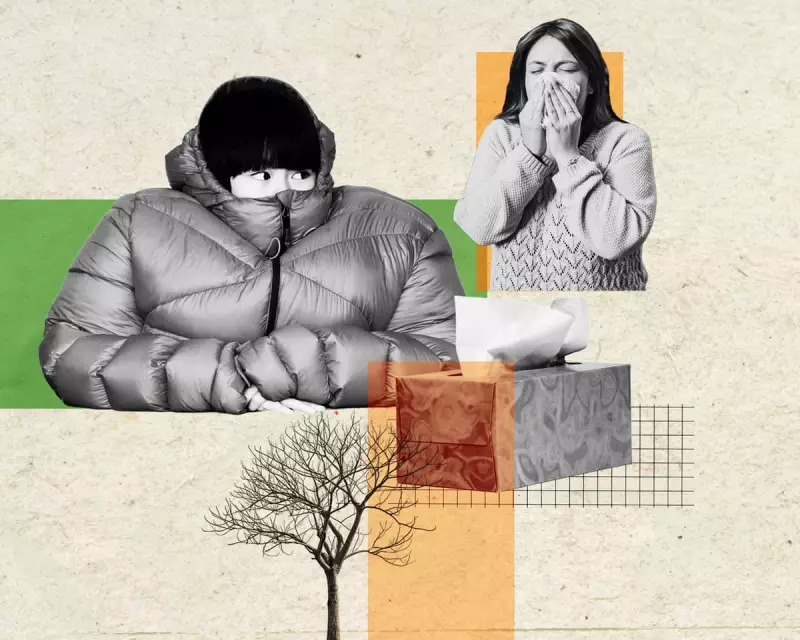
As winter tightens its grip, hospitals and GP surgeries are filling up with patients suffering from respiratory illnesses. The age-old warning from parents echoes: "Put on a coat or you’ll catch a cold!" But is there any truth to the idea that braving the cold underdressed makes you more susceptible to illness?
The Science Behind Cold Weather and Illness
Contrary to popular belief, simply being cold doesn’t directly cause infections. Viruses like influenza and RSV are the real culprits behind winter sickness spikes. However, colder temperatures and indoor crowding create ideal conditions for these pathogens to spread.
Key Factors That Actually Increase Risk:
- Dry air from heating systems dries out nasal passages, reducing their ability to trap viruses
- People spend more time indoors in close contact with others
- Viruses survive longer in cold, dry conditions
Does Being Cold Weaken Your Immune System?
While extreme cold can stress the body, moderate exposure to chilly temperatures doesn’t significantly impair immune function for most healthy individuals. Some studies even suggest that regular cold exposure might stimulate immune activity.
Dr. Sarah Jenkins, a leading immunologist, explains: "The immune system is remarkably resilient. Brief exposure to cold weather without proper clothing won’t automatically make you sick, but chronic stress from prolonged exposure could potentially have an impact."
Practical Winter Health Tips
- Focus on hand hygiene - the most effective way to prevent viral transmission
- Consider wearing a mask in crowded indoor spaces during peak illness seasons
- Stay up to date with vaccinations, including flu and COVID-19 boosters
- Maintain good indoor ventilation when possible
- Dress appropriately for prolonged outdoor exposure to avoid hypothermia
While bundling up won’t magically prevent illness, staying warm and dry contributes to overall comfort and wellbeing during the winter months. The best defense remains a combination of practical precautions and maintaining a healthy lifestyle to support your immune system year-round.





